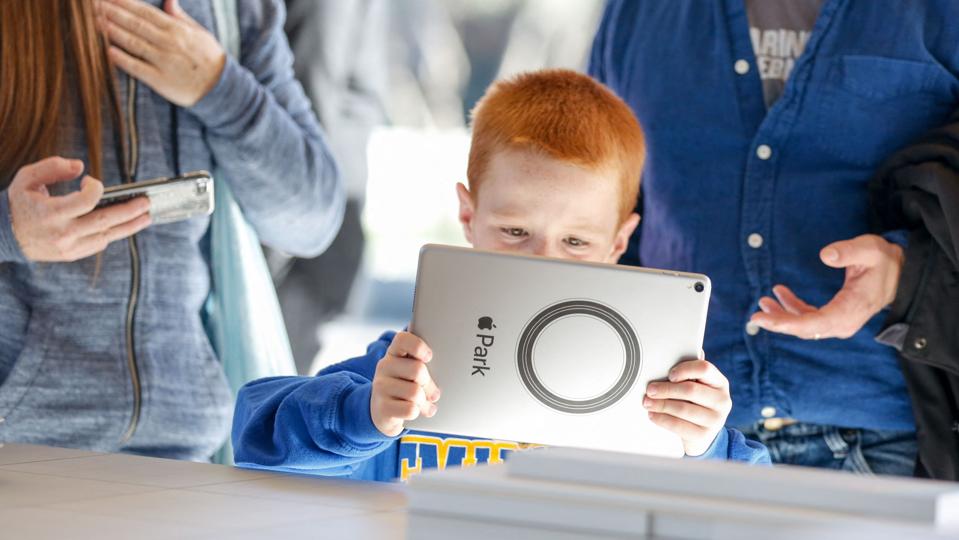Handing toddlers a tablet could lead to anger issues later on, according to new research published Monday, adding to mounting evidence ubiquitous mobile devices are hampering children’s development amid growing efforts to regulate the content they see online.

Key Facts
- Tablet use at 3.5 years old “was significantly associated” with a tendency to anger and frustration a year later, according to peer reviewed research published in JAMA Pediatrics.
- To investigate whether tablet use affected outburst of anger in young kids, a group of researchers from universities in Canada, South Africa and Brazil evaluated parental reports and behavioral surveys to assess expressions of anger and frustration in the same group of children at 3.5 years, 4.5 years and 5.5 years.
- Tablet use at 4.5 years old was also linked to increased outburst of anger and frustration at 5.5 years, said the researchers, who followed 315 parents of preschoolers from Nova Scotia, Canada.
- Kids who were angrier and more frustrated at 4.5 years were also prone to more tablet use at 5.5, the data revealed, a finding the researchers said indicate tablets are involved in a negative “cycle” of poor emotional regulation.
- They said the research indicates tablet use not only undermines the ability to “effectively manage emotions during daily routines” but leads children to “elicit more digital strategies to temper outbursts.”
What We Don’t Know
The researchers said it’s not clear why using tablets or other mobile devices appears to interfere with the emotional development of children. There is evidence children learn emotional regulation through two key pathways, the researchers said, either through observing the emotional regulation strategies of parents or through “emotional coaching” on how to manage emotions from the parents. The researchers said tablet use can interfere with both of these mechanisms and could both “reduce learning opportunities” and “undermine the development” of the strategies used to regulate emotions.
What To Watch For
The researchers said their study only looked at whether tablets were being used by children and that it would be important for future research to examine the nature of these interactions. The researchers said it’s important to know how the tablet was being used—active use like reading would be different to passive use like watching a video, for example—and the degree of parental interaction whilst using the tablet, such as using the tablet together or leaving a child alone.
Surprising Fact
The researchers said there is some evidence tablets, when used appropriately alongside parents, could be used to help children practice recognizing and responding to emotions, improving behavior rather than leading to more outbursts.
Key Background
The findings add to growing research suggesting mobile devices like phones and tablets are having a negative impact on kids and their development. For example, research suggests that handing a kid who is throwing a tantrum a phone or tablet to soothe them could damage their ability to manage their emotions and that screen time harms the development of vital language and social skills. The issues don’t stop at preschool, and many high schools across the country are racing to ban smartphones as more teachers warn they have become a distraction in the classroom. The kinds of content kids view online is also a growing problem and lawmakers are increasingly looking at regulating how young users engage with material online, particularly social media, in order to improve their mental health.
Big Number
80%. That’s how many U.S. households with children owned a tablet computer, according to data from the Census Bureau.


